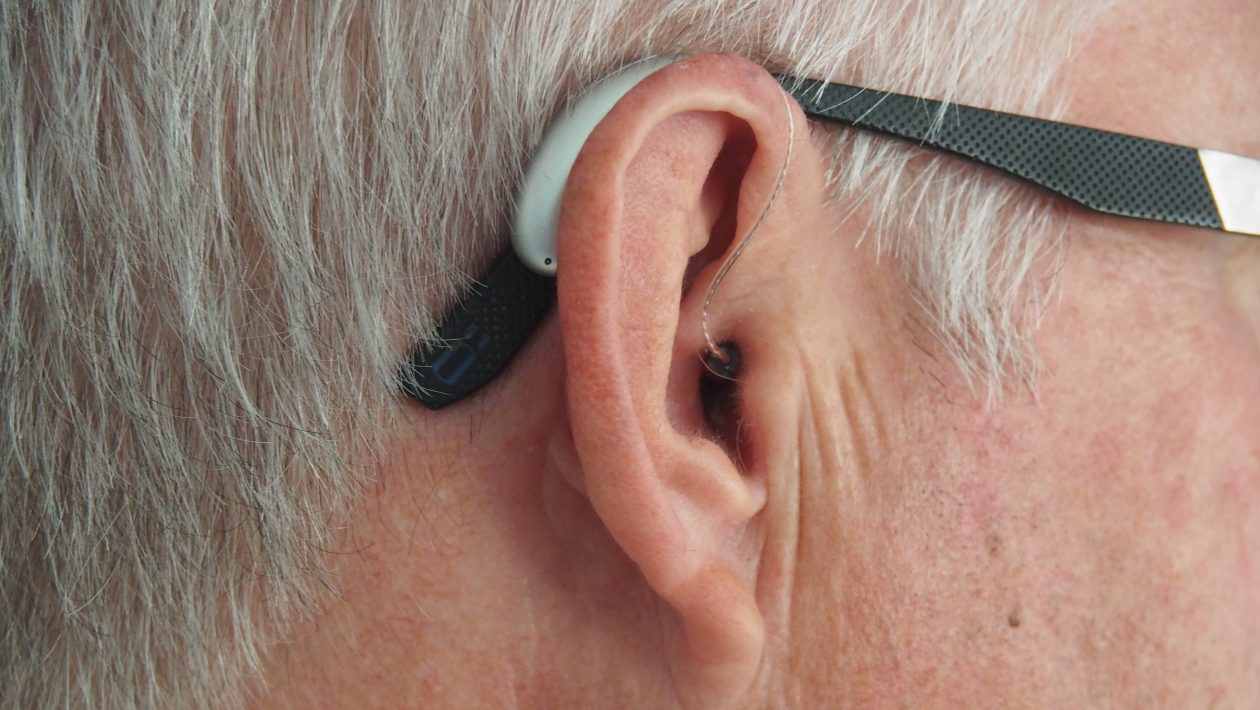When was the last time you had your hearing tested? Chances are, you won’t even remember that day. Humans tend to overlook hearing, taking healthy hearing for granted. But sadly, that is not the case. Often the hearing organs fail. This is especially true for residents of industrial metropolitan areas. At the same time, hearing loss does not necessarily occur in both ears! Often the pathology occurs in one ear, which is called unilateral hearing loss. What is it, and how is it treated?
Is one-sided hearing loss a serious problem?
Hearing loss is an unpleasant problem that is increasingly common among the population, especially in metropolitan areas. Not being able to hear or understand what is being said is a great hindrance to everyday life. Many people mistakenly think that hearing loss develops in both ears at once. This is not always true. Cases, where a person loses hearing in only one ear are quite common. It is called unilateral hearing loss, and it makes life even more difficult. Why does it happen? Is it because the other ear is still hearing? It’s not as simple as you think.
Our hearing organs are a binary system that works in concert, complementing each other seamlessly. For example, a pair of eyes provides the full perception of space, visual acuity, and three-dimensional images. The presence of two ears makes it possible to have deeper, more functional, and full-featured hearing. One-sided hearing loss, on the other hand, causes many problems for a person:
- Difficulty identifying the source of the sound. Someone calls out to you, but you can’t tell where the sound is coming from
- Difficulties in determining the volume of the sound. A pair of ears easily locate the sound source. But that’s not all. It also determines how loud a particular sound is. With one ear, it’s much harder to estimate the volume of a sound
- Difficulty hearing sound in noisy acoustic situations. Being in noisy, crowded places will be a real challenge for a person with only one healthy ear. Such patients are trying to avoid places such as restaurants, cafes, concerts, stadiums, pedestrian streets, etc.
- Rapid fatigue. The brain needs more energy to compensate for the lack of hearing in one ear. Such an extra effort exhausts its resources and gradually leads to mental fatigue
The problems described do not relieve the unpleasant symptoms typical of hearing loss. On the contrary, with unilateral hearing loss, it is even more difficult to perform everyday tasks and lead an active life!
What are the causes of unilateral hearing loss?
Unilateral hearing loss can have other causes than a gradual decrease in hearing in both ears. What causes bilateral hearing loss? These are:
- Prolonged noise exposure
- Age-related changes
- Consequences of infections
- Genetic predisposition
- Injuries to the head or hearing organs
These are well-known factors that cause hearing loss in most patients. There are also indirect causes that affect the general condition of the body, including hearing loss. For example, problems with the cardiovascular system, unhealthy habits, or strokes. The reasons for a one-sided hearing loss can be different! For example:
- Earwax plug. Sometimes the accumulation of earwax becomes large and dense and completely blocks the ear canal. It usually happens after getting into the water. Wax swells and forms a plug. In such a case, do not try to get rid of the earwax plug on your own with different means. In such a case, you could create an even bigger problem for yourself by damaging the eardrum. The best solution is to seek help from a doctor. A specialist will remove the wax plug with special tools quickly and painlessly
- Ear infections. The infection causes inflammation and swelling that can block your ear canal and impair your hearing. Therefore, never self-medicate. Have a sore throat? Be sure to undergo a full course of treatment under the supervision of your doctor. In such a way, you’ll avoid unpleasant complications in the future.
- Perforated eardrum. Trauma to the head or hearing organs, loud noise, and foreign objects in the ear can cause it. It is accompanied by pain, hearing loss, and ringing in the ear. Therefore, it is difficult not to notice it. At the first sign, see your audiologist!
- Meniere’s disease is a degenerative disease of the inner ear that causes dizziness and hearing loss. The pathological process often develops asymmetrically, affecting one ear first, and only then the other. The typical symptom of Meniere’s disease is unilateral hearing loss combined with ringing in the other ear.
How do I treat unilateral hearing loss?
Have you noticed symptoms of one-sided hearing loss? Don’t expect the problem to go away on its own. It won’t. The first step to recovery is to make an appointment with an audiologist.
The first step is to find out the cause of the unilateral hearing loss to prescribe the right treatment. The doctor will do an examination and various hearing tests as needed. For example, if the cause is an earwax plug, the doctor will remove it on the same day. A perforated eardrum heals on its own.
Unfortunately, hearing loss is often irreversible. If this is the case, special medical devices can help you. These are CROS hearing aids, designed specifically for people with one-sided hearing loss. The CROS transmitter picks up sound from the affected ear and transmits it wirelessly to the healthy ear.
Where to buy hearing aids with CROS? Don’t worry about it. The Hearing care professional will be with you from your first appointment until the devices are set up. Your doctor will find the right model for you based on your individual hearing loss and needs. Tell the doctor about your hobbies and lifestyle. It’ll help you choose the right hearing aid.
Next, a specialist will tell you where to order the device. Of course, you can do it yourself. After the purchase, you’ll only have to go through a period of adaptation. You’ll then be able to wear your hearing aid daily!
Which means you’ll forget about your past problems. And will enjoy the wonderful world of sounds and voices of your loved ones!





